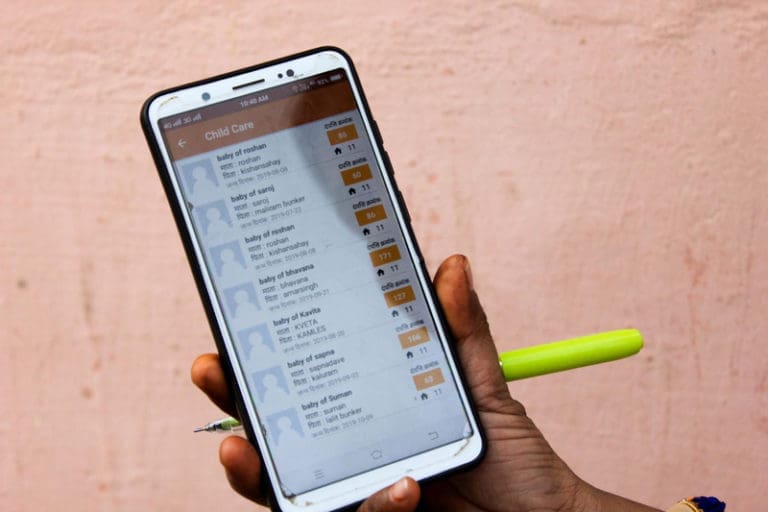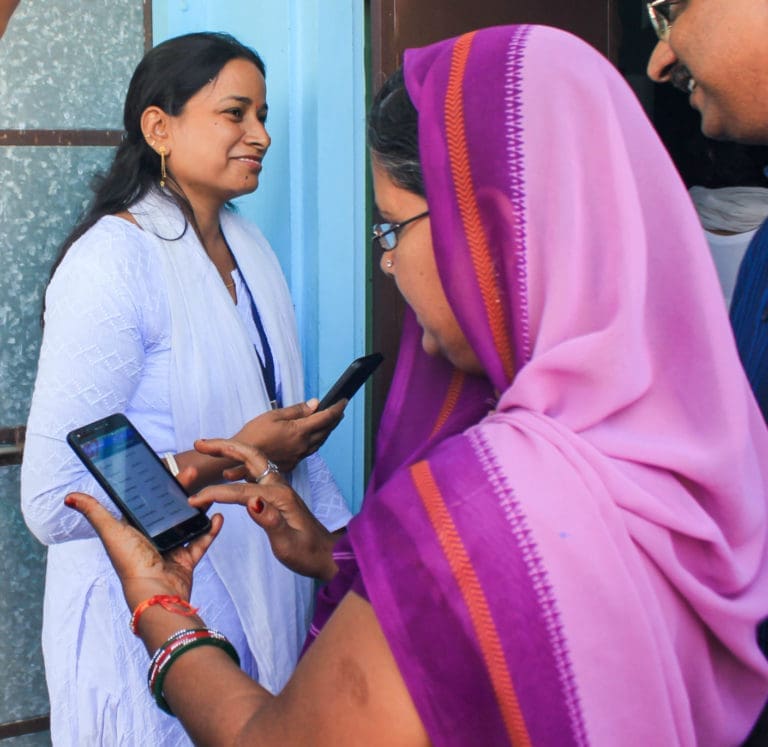Closing the Global Health Divide
From its earliest days more than a century ago, The Rockefeller Foundation has led the way to improve medical outcomes for populations in need. Its investments established the first schools of public health and the global campaign against hookworm; seeded the development of the yellow fever vaccine; supported translational research for tools ranging from penicillin to polio; helped create the field of molecular biology, and spurred AIDS vaccine development. Most recently, we catalyzed and accelerated action on Universal Health Coverage globally.
1/2 of the world's population lack access to essential health services
12 million mothers and children are at risk of dying if we fail to achieve Sustainable Development Goal 3
18 million health workers will be needed by 2030 in low- and lower-middle-income countries
Data Equity for Health Equity
Despite this progress, countless deaths from preventable causes continue to occur in resource-poor places around the world. In those places, health systems fail to identify a population’s needs or to deliver the appropriate intervention swiftly enough. The problem is rooted in the very social and systemic inequities that drive health outcomes, such as access to health care and educational resources, and the proper and timely use of data.
The Foundation is working to overcome these deep structural deficiencies in order to achieve the United Nations Sustainable Development Goal on Health (SDG3), and eliminate the health inequities that challenge so many parts of the world.




Comments
Post a Comment